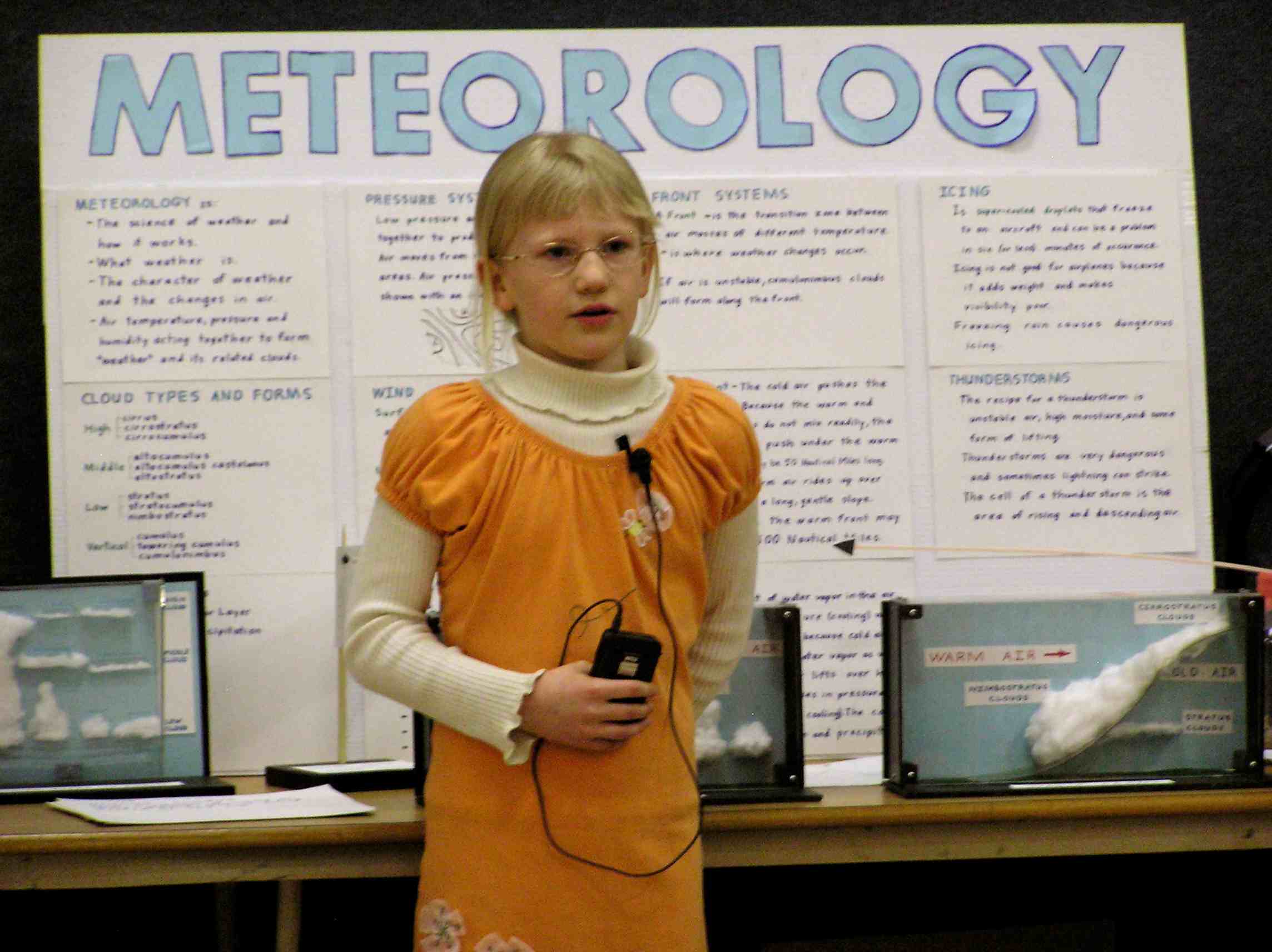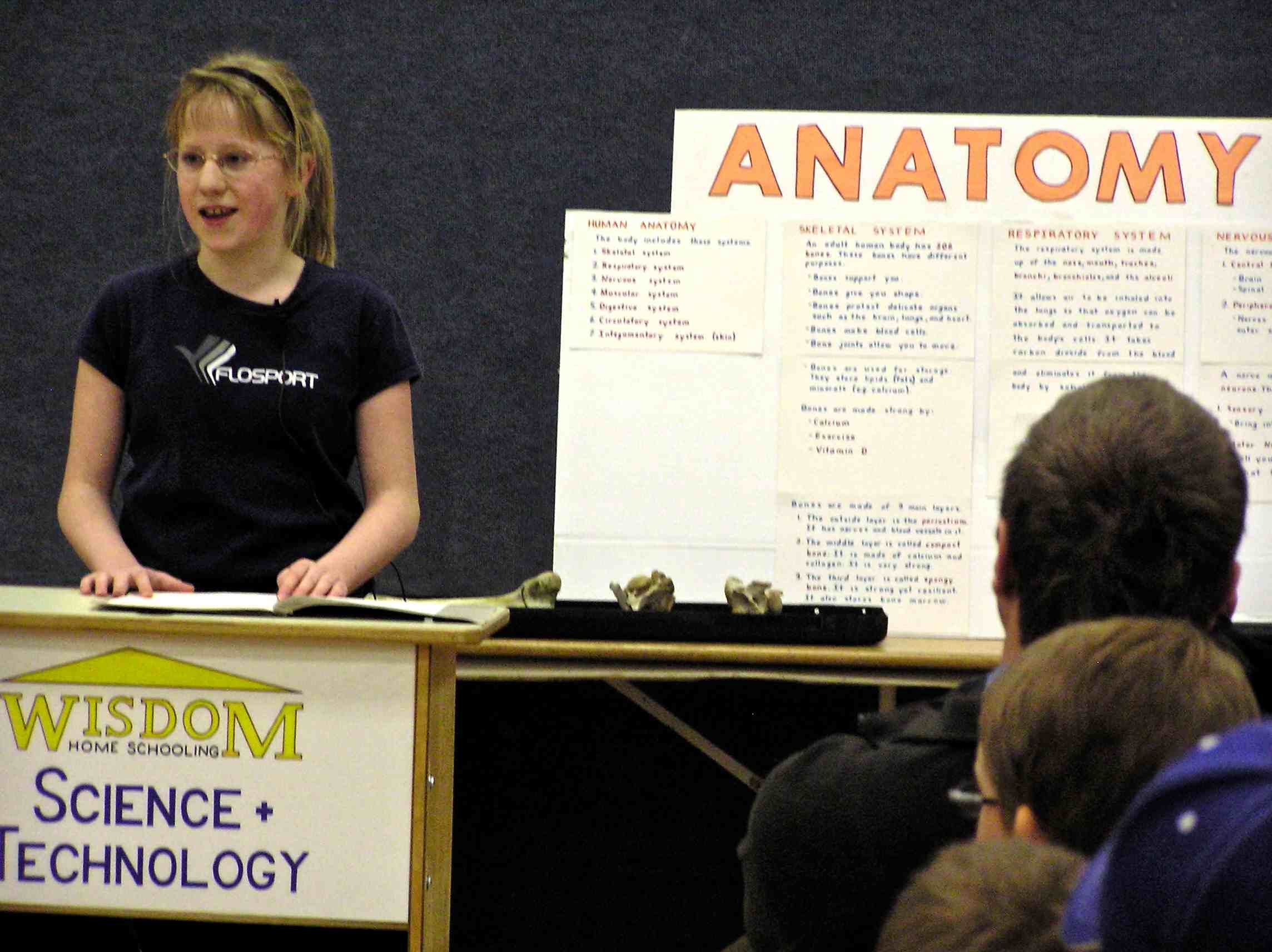“Science, science, science…” Those were the words of advice expressed to me, by a home-school mom, in answer to a question about what to focus on in the primary years of home schooling.
When we think of science, what usually comes to mind are subjects in the areas of biology, chemistry, or physics. What does the word ‘science’ mean? The word ‘science’ comes from the Latin word scientia, which means knowledge – to know. Science could be summed up as that process by which we seek to know and understand the deeply intricate things of all that we see (and can’t see) around us.
I find science to be so much more fun and interesting when we can discover how God has designed and orchestrated all things in His creation. Proverbs 25:2 proclaims: “It is the glory of God to conceal things, but the glory of kings to search things out.” What a privilege we have! It is to our benefit and to God’s glory to pursue science.
God, in His wisdom, concealed some amazing things in His creation. What were some of the first things that God created? It is written in Genesis 1:1, “In the beginning God created the heavens and the earth.” Was there anything else that was created before that? Take a look a Proverbs 8:22-31 – it states that ‘wisdom’ was created before the heavens and the earth were made. Therefore, we can presume that God’s wisdom was present and deeply active in every aspect of creation. As we study the sciences, we are constantly recognizing that all of what we see around us works together in an extremely delicate balance. Everything is well-orchestrated. Nothing has been left to chance. All that we see does point to the workings of an infinitely wise Creator Who has gloriously designed His creation - and continues to operate it. Allow me to give you a recent example of this – one that our family observed.
Accurate long-range weather forecasting – how is it done? It involves years of collected data analyzed by some intelligent people who then, by ‘knowing’ such information, create a computer-based weather model. From the ‘knowledge’ of scenarios that occurred in the past, the computer generates what might happen in the future. Their accuracy can sometimes be quite good – but sometimes not.
This past autumn we observed a few unusual things:
1) Birds began their migration flights early.
2) Bees packed their brood chambers extremely full of honey.
3) Squirrels built huge mounds of spruce cone stores around their burrows.
4) Larch trees turned yellow early. They were all preparing for an exceptionally long and colder winter.
Now, in human hindsight, it appears that their unusual acts were well-warranted. How were they correct in their understanding of coming events? What did the birds, the bees, the squirrels and the larch trees ‘know’? (Do they also practice ‘science’?) We know that God takes care of his creation, and we see this as one more way in which God continues revealing Himself to us – by guiding his creation.
So, we have focused on ‘science, science, science’ in the primary grades. Now, our older children are entering secondary grades. Has this science focus been of any benefit? Yes, it most certainly has. We are seeing that our children are quickly grasping concepts as they now engage in mostly independent learning at their grade levels of science. They have improved in literacy as they have studied. They are seeing how math is useful in understanding scientific information. Most importantly, they are able to discern God’s hand as they learn more science.
Studying and research in the sciences helps to elevate literacy skills and math skills. Literacy and math skills are therefore a side-benefit of studying in the sciences. When developing your home school program plan, I encourage you toward having a strong science component. I like to encourage fathers to help in this extra science component by providing assistance with project materials, or by doing some of the teaching of a specific topic. Depth of relationship will be your reward!
Make science an enjoyable pursuit. You will find that a little extra time spent in science study will provide a large benefit in all areas of your children’s development.

